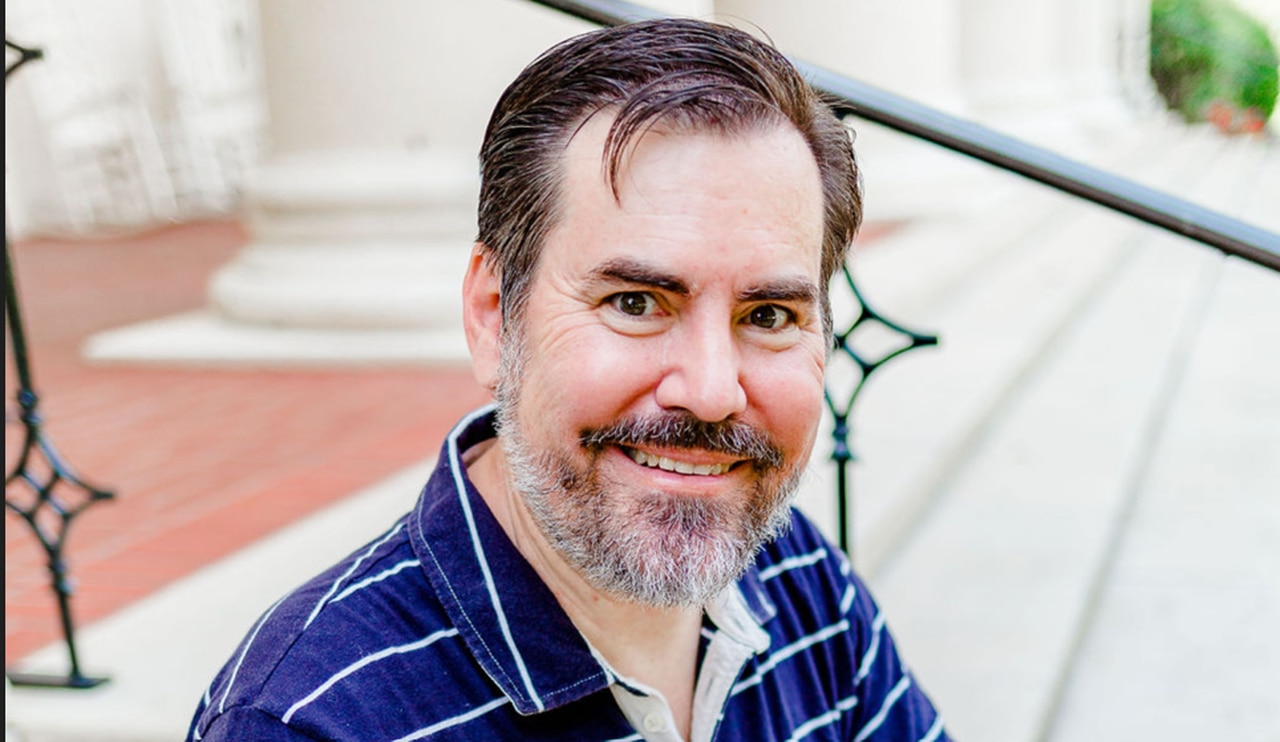Guest opinion: Beware a new Blundering Generation
Since the beginning of the Civil War, if not earlier, Americans argued whether the conflict was avoidable. One camp of historians has argued that the Civil War was inevitable, an “Irrepressible Conflict” between incompatible cultures or economies. The other camp has argued that the War was brought on by a “Blundering Generation” of irresponsible politicians.
Contemporary Americans who carelessly talk of a new civil war probably like to imagine we face another irrepressible conflict between red and blue cultures and that they will play a heroic role in the unavoidable struggle. If conflict is inevitable they have the comfort of believing no individuals are responsible for any bloodshed. In truth, our own blundering generation of politicians and media, and social media, personalities are responsible for much of our current conflict and division.
Abraham Lincoln fairly summed up the Irrepressible Conflict theory in his 1858 “House Divided” speech. Lincoln described the Union as being like a house divided against itself. “I believe this government cannot endure permanently half slave and half free,” he said. “It will become all one thing or all the other.” According to this theory, slavery in the South and its absence in the North led to the growth of two fundamentally opposed cultures and economies that could not peacefully coexist. War was bound to come sooner or later.
Supporters of the Blundering Generation theory notice that some other countries managed to end slavery peacefully and that sectional divisions elsewhere have not always led to civil war. Something more must have been going on in America, they argue.
These scholars point to the increasingly reckless partisanship of American politics in the decade preceding the Civil War. The more Americans demonized each other in their political rhetoric, the harder it became to compromise. The more political figures talked about war and secession, the more reasonable political violence and national divorce seemed. Political fire-eaters made war more likely by making peace and civil discourse more difficult.
Irresponsible politicians care about neither the national future nor the past. As Talleyrand said of the Bourbons, “They have learned nothing and have forgotten nothing.”
Too many of our political leaders and pundits sow hatred and division for their own gain without considering the consequences for their country. Spreading lies and calling one’s rivals childish names does nothing to promote the serious sort of dialogue that serious problems deserve.
Far worse is the faux bravado of those who pose for pictures with military weapons, call their fellow citizens enemies, and carelessly flirt with promoting violence or a second civil war while telling their followers that we face an irrepressible conflict between red and blue Americas. When they attempt to make our conflicts seem intractable it is to distract us from their own role in stoking rage, violence, and delusion.
Like some politicians from the 1850s, their extremism is selfish and short-sighted. Normalizing talk of political violence leads to political violence. Though the extremists who plague us may not be serious people, some of their followers take them seriously.
We too should take them seriously. We should recognize the danger they pose and vote them out. Though our divisions and strife may not be irrepressible, their danger is nevertheless real. Too many Americans consider political violence an acceptable means to get their way.
Though our political leaders may blunder their way toward violent conflict, we do not have to follow them. We can reject their bloody anti-democratic fantasies. We can learn the lessons of the past that they ignore. We can be smarter and more mature.
Sean R. Busick, Ph.D. is a professor of history at Athens State University and author of “A Sober Desire for History: William Gilmore Simms as Historian.” @SeanBusick on Twitter
